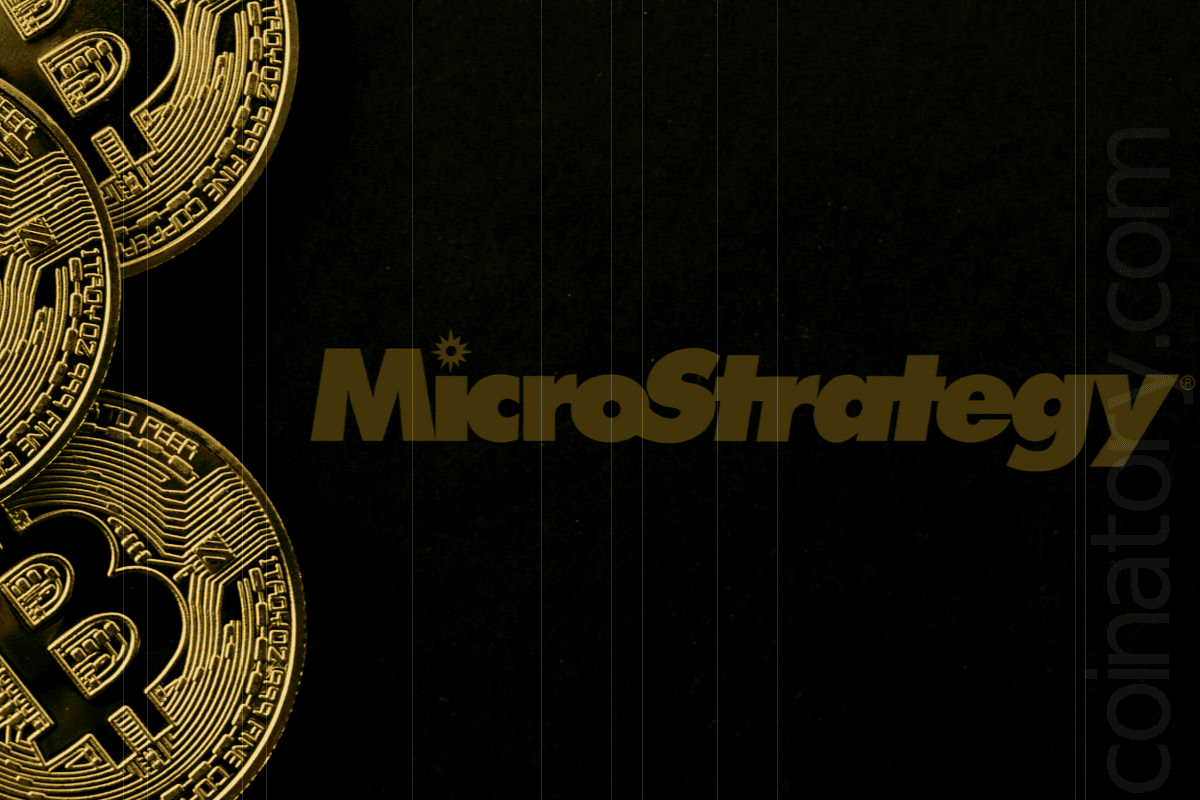
Economist and vocal Bitcoin critic Peter Schiff took to X (formerly Twitter) on October 9 to comment on the U.S. government’s upcoming sale of 69,370 Bitcoin, valued at approximately $4.3 billion. The government plans to auction off Bitcoin seized from the defunct Silk Road marketplace following a recent Supreme Court ruling.
In a tweet that reignited long-standing debates between Bitcoin advocates and skeptics, Schiff sarcastically suggested that Michael Saylor, CEO of MicroStrategy and a staunch Bitcoin supporter, should take a $4.3 billion loan to buy the government’s Bitcoin. “Every once in a while, the government does something smart,” Schiff remarked, a thinly veiled critique of Saylor’s aggressive Bitcoin acquisition strategy.
Since 2020, MicroStrategy has acquired over 252,000 Bitcoin, with its latest purchase of 7,420 BTC adding to a total stash now worth around $16 billion. Schiff has consistently criticized this move as overly risky, in contrast to his preference for gold, which he champions as a more stable store of value.
The post drew swift responses from both sides of the cryptocurrency debate. Bitcoin proponents, like user Henry Scavacini, emphasized Bitcoin’s six core properties—durability, portability, divisibility, fungibility, scarcity, and acceptability—adding blockchain’s unique immutability as a seventh key feature. This sparked further discussions on Bitcoin’s role as “hard money.”
Despite the wave of support for Bitcoin, Schiff remained resolute in his position, stating, “It’s missing the most important [property]: actual real value.” His comment reflects his long-held view that Bitcoin lacks the intrinsic worth of assets like gold.
In response, critics of Schiff’s position highlighted Bitcoin’s current market valuation, which exceeds $62,000 per coin, asserting that value is ultimately subjective. These exchanges underline the ideological divide between traditional financial perspectives, favoring tangible assets like gold, and those advocating for digital currencies as the future of finance.
Schiff has long argued that Bitcoin is diverting attention from gold’s recent performance, which he believes has been overlooked due to the cryptocurrency’s popularity. He also contends that Bitcoin helps obscure economic policy failures, particularly those of the U.S. Federal Reserve, which would otherwise be more apparent in a gold-centered market.







